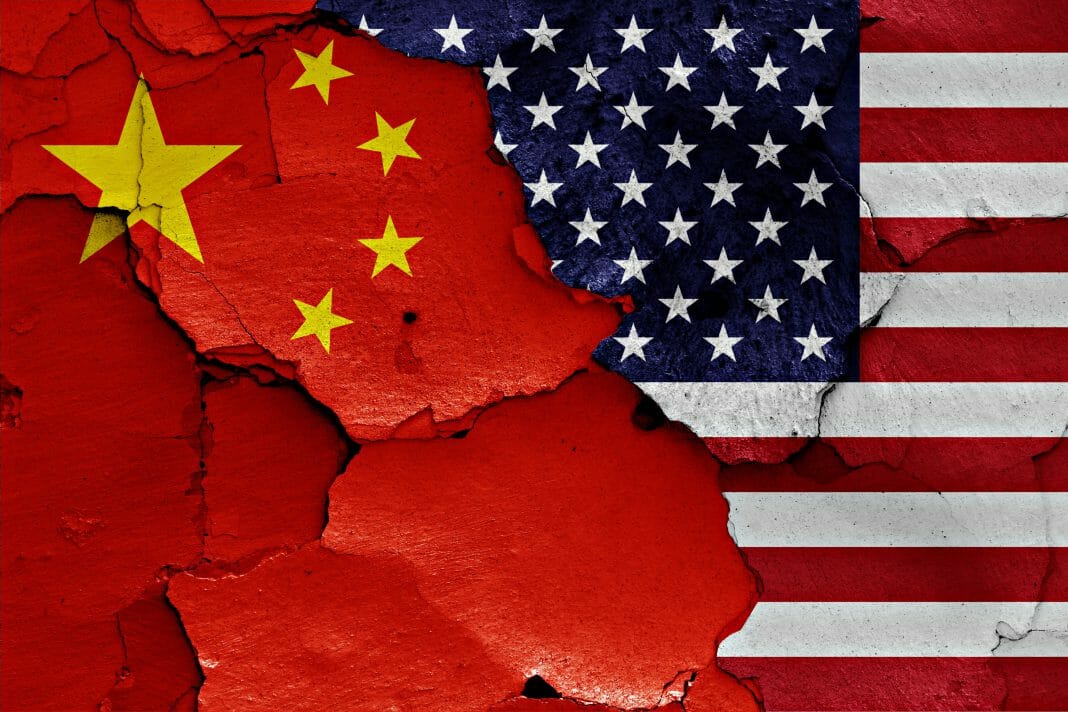The relations between Russia, China, and the United States will determine the adoption of Bitcoin worldwide. Some countries have changed their positions on the cryptocurrency due to the conflict between Russia and Ukraine.
The current war between Russia and Ukraine has impacted the cryptocurrency markets since States have taken a position on Bitcoin. Even countries not directly involved in the conflict, like the United States, have turned their eyes against crypto assets.
Once Russia invaded Ukraine, the United States decided to sanction it to suffocate its economy and pressure it to end hostilities. Before that, the Russian central bank proposed outlawing Bitcoin in the country, as happened in China. However, the current economic pressure has made Bitcoin the best option to escape from those restrictions.
For that reason, the Russian Legislative Assembly has advanced in discussions on a bill to regulate cryptocurrencies. However, the regulation on Bitcoin does not imply its adoption since banks work as the only exchanges where people trade without self-custody wallets.
Besides Russia, the United States seems to have also changed its position on Bitcoin. Joe Biden recently signed a long-awaited executive order to regulate cryptocurrencies. The statements of some government representatives indicate that the country does not seek to ban the cryptocurrency.
The Countries of the World to Watch the Positions of Their Allies
Even though states are theoretically independent, world trade and globalization can influence the trends in their economies. For example, China has decided to ban activities with Bitcoin, but it could be open to trade with the cryptocurrency to help Russia.
It seems that the rest of the world will watch the positions that their allies take on the pioneering cryptocurrency. For example, many Latin American countries will join the United States if they decide to ban it, an unlikely scenario.
There are exceptions like El Salvador, which the International Monetary Fund (IMF) has warned about its position on Bitcoin. The Central American nation decided to continue on its pro-Bitcoin path, making clear it would not give in to US pressure.
Bitcoin Goes against Its Principles without Self-Custody Wallets
The position of various countries on that tool becomes increasingly evident as legislation on the adoption of Bitcoin advances worldwide. For example, Switzerland allows using cryptocurrencies under a strict identity verification system. Of course, that distorts the principle of Bitcoin that no state can control it.
Russia advanced a bill to regulate Bitcoin through banks as its custodians. In Europe, they made regulatory proposals with strict monitoring controls, complying with the Financial Action Task Force (FATF).
The most controversial proposals require exchange users to declare ownership of different Bitcoin addresses, thus breaching privacy.
Bitcoin Offers Advantages to Emerging Economies
Since no governing agency or state controls Bitcoin, its algorithm and community dictate its economic policies. That allows citizens to have independence over the holding of their assets.
If a state cannot control Bitcoin with regulations, it can give way to an outright ban. However, that is quite unlikely to happen due to its decentralized nature.
There are advantages for those who adopt Bitcoin in emerging economies like El Salvador. Even Venezuelan citizens have seen the cryptocurrency as an opportunity to circumvent difficulties amid a deep crisis.
By Alexander Salazar











